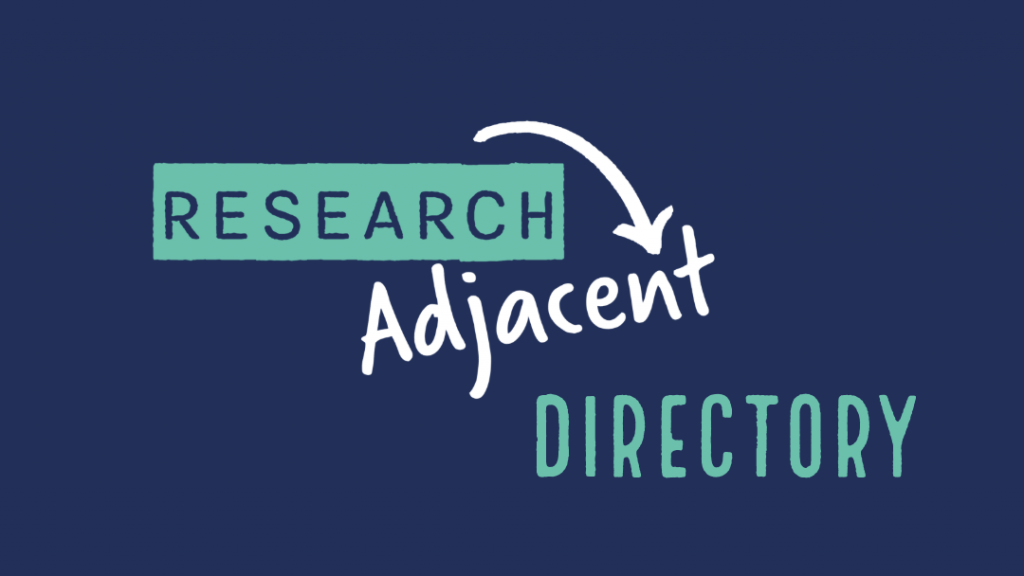Why freelancers seem more expensive than employees (but aren’t really)
Freelancers may seem to cost a lot more than an employed member of staff, but freelance rates factor in many unseen costs. If you’ve ever done a funding application you’ll be familiar with the concept of FEC (Full Economic Costing). Freelancer rates are essentially a version of FEC.
Their fee doesn’t just include the actual time working on your project. It also has to factor in all of these hidden costs.
- Tax, national insurance and pension contributions (20-30% of their fee)
- Holiday and sick pay (another 10-15% of their fee)
- Office costs like furniture, utilities, internet and stationery
- Computer equipment, software, printing and subscriptions
- Drafting proposals, applying for contracts and tenders, meeting potential clients
- Business admin including invoicing, bookkeeping and marketing
- Insurance and professional accreditation/membership
- Professional services like accountants or legal advice
- Training, conferences, and other professional development
It’s not some kind of scam that freelancers have to factor in these costs. Your employer is paying for all of these things on your behalf so the actual cost of employing you is a LOT more than what you get in salary.
And even the best freelancers in the world won’t be booked out for client work 5 days a week so their fees need to factor that in. Most set their rates based on the assumption that they will get paid work for 2-3 days/week. And remember that you don’t pay them when they are not working for you either.
The bottom line is, if you want to have amazing people on hand to help out with your projects they have to be paid properly.
So how much does a research-adjacent freelancer cost?
There are no hard and fast rules as it depends on the size/length of the job, how specialised it is, how fast you need it turned around, how experienced the freelancer is, and how much they want or need the work. Longer contracts or retainers might be cheaper. Some contractors may offer discounts to what they consider worthy causes or dream clients. Rush jobs or highly specialised work will cost more.
As a guide, here are some daily rates and the roughly equivalent full-time salary.
| Freelancer daily rate (ex VAT) | Roughly equivalent full-time salary |
| £350 | £25,000 |
| £400 | £30,000 |
| £450 | £35,000 |
| £500 | £40,000 |
| £550 | £45,000 |
| £600 | £50,000 |
How this was calculated: Assuming there are 240 working days in a year (365 minus weekends, bank holidays and 4 weeks annual leave) a typical freelancer might have paid work for 120 days. If they charge £500 a day that means a gross turnover of £60,000. Around half of this will go to tax, pension and other expenses leaving £30,000 profit. This means they can pay themselves £2,500 a month. This is roughly the same as the take-home pay for a £40,000 full -time salary with 10% pension contribution (£2,468pcm in 2025 according to the Salary Calculator).
Tips for costing your project
- Agree fees on a project basis, rather than daily/hourly rates – Most freelancers will use daily rates to calculate a quote, but prefer to actually work on a project basis. This provides more certainty for both parties, avoids surprise overspending and unnecessary time-tracking, and is less likely to fall foul of IR35 regulations.
- Expect to pay more for rush jobs – Rush jobs are the freelance equivalent of overtime. If you have a tight deadline that might mean the contractor has to work outside of their usual hours or delay other jobs to get it done.
- Expect to pay more for quality and experience – As with any industry you will pay more for contractors with years of experience, highly specialist skills, or an exemplary track record.
- Expect to pay less for longer contracts and retainers – As explained above, income uncertainty is one of the things that pushes up freelancer rates. If you can offer greater certainty, a larger/longer project or a retainer (a contract for a certain number of days work per week or month) then you can expect lower rates in return.
- Factor expenses and meetings into your budget – If you will need your freelancer to attend lots of meetings, travel long distances, stay away from home or buy large quantities of materials for your project then it is reasonable for them to ask to be reimbursed. Make sure you factor this into your budget.




